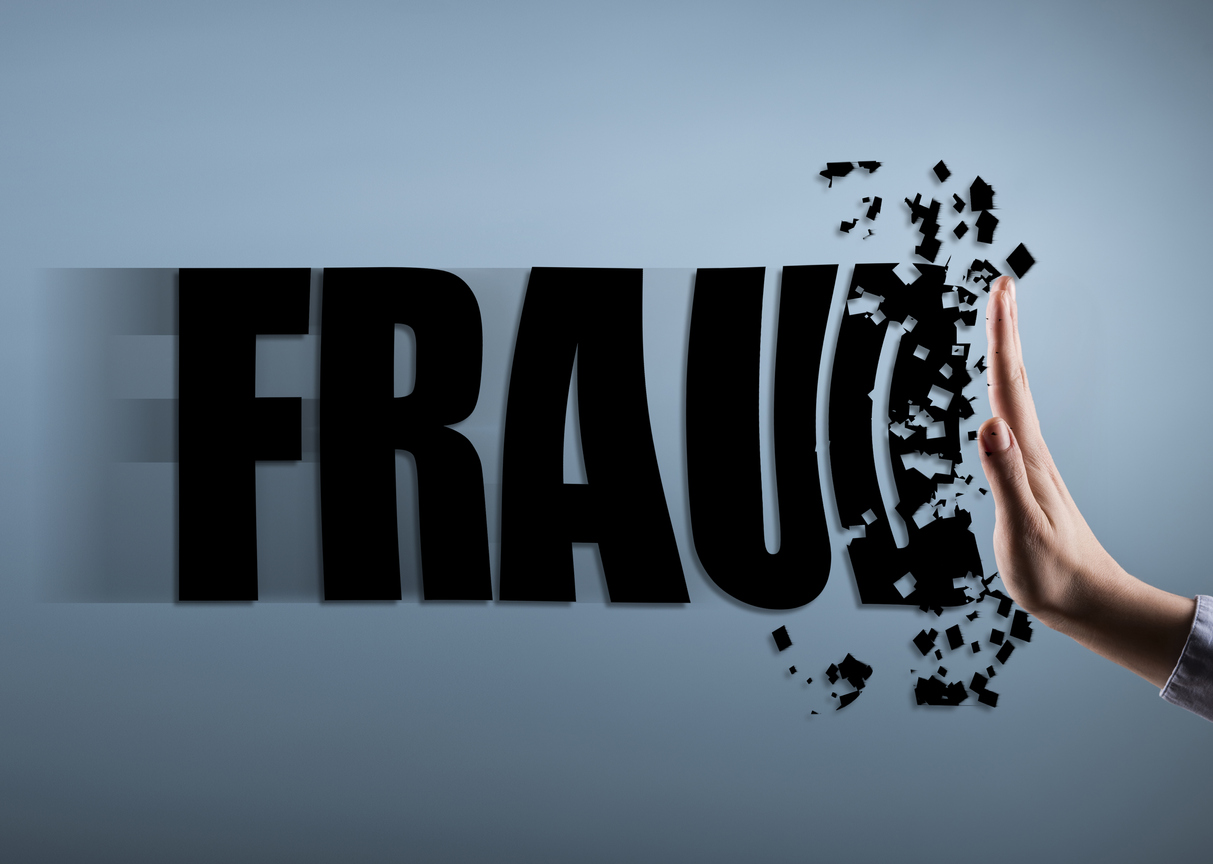Small businesses help to power the economy in many different industries, and their importance is undeniable! Customers are drawn to these establishments as they often have more personalized service and closer ties to the community. We all have a special place in our hearts for that local corner store or our favorite vintage shop. Owning a small business can also be very fulfilling; however, it does not come without its challenges.
Small businesses can be the most vulnerable to fraud, as smaller organizations may not have the internal financial controls that are as sophisticated as their mightier competitors. Being a victim of fraud can be very discouraging, as it interferes with your finances and threatens trust and a feeling of security. That is why it is crucial to stop fraudulent activity before it happens, by utilizing fraud prevention and attacking it at the source. This article outlines some of the most common fraud scenarios to look for in small businesses and the steps to take to avoid them.
Payroll Fraud
Payroll fraud happens relatively frequently, occurring in 27% of all businesses – and twice as much in smaller ones. There can be many complexities involved in the payroll process, which can lead to compromised accuracy and discrepancies. If one single person is responsible for payroll, and isn’t the owner, you should consider that this person holds significant responsibility and has access to sensitive information. Conducting thorough background checks can be useful in vetting the person who is responsible for this work. It may also be beneficial to allow an additional set of eyes to review the payroll to double-check for intentional or unintentional mistakes. Installing a more rigorous review process every period can also reduce the likelihood of error.
Digital Banking
In the digital age, online banking is one of the most common methods to use banking services or make purchases online. One of the most significant sources of cybercrime is present in online purchases. Address Verification Service (AVS) is a relatively low-cost anti-fraud tool for online businesses that require manual entry of credit card numbers when purchasing a product or service. This protective device compares the customers’ names and addresses with the information on file at the credit card company, providing a letter code to indicate a match. Additionally, requiring Card Verification Codes (CVC) can aid in reducing fraud, as users can only view the CVC if they have the physical card.
Cash Theft
Cash theft can be one of the sneakiest fraud attempts in small businesses, as it is done in person by the hands of the perpetrator and can create paranoia in the workplace. These individuals could be an otherwise reliable employee or any other person who has access to inventory flow and cash registers. Common types of this theft may include skimming (cash theft not yet recorded into accounting system), larceny (theft of recorded cash), and fraudulent disbursement (theft of cash for unauthorized purchases). Of course, no longer accepting paper money will eliminate these threats, but this is not always an option for small businesses. Watch for cash fraud by keeping a closer eye on inventory and performing random cash register checks. It is also useful to rotate tasks among employees, dispersing responsibility, and ensuring that no one person has total control over money flow.
Small businesses may be humble, but they are mighty. Here at Mechanics Cooperative Bank, we believe in the power of small business. If you’d like to learn more about our Fraud Detection Programs or our various business banking and lending services, contact us today!
{{cta(‘1cce2128-9c7d-43bb-b3f8-b7e288d2bc94′,’justifycenter’)}}





